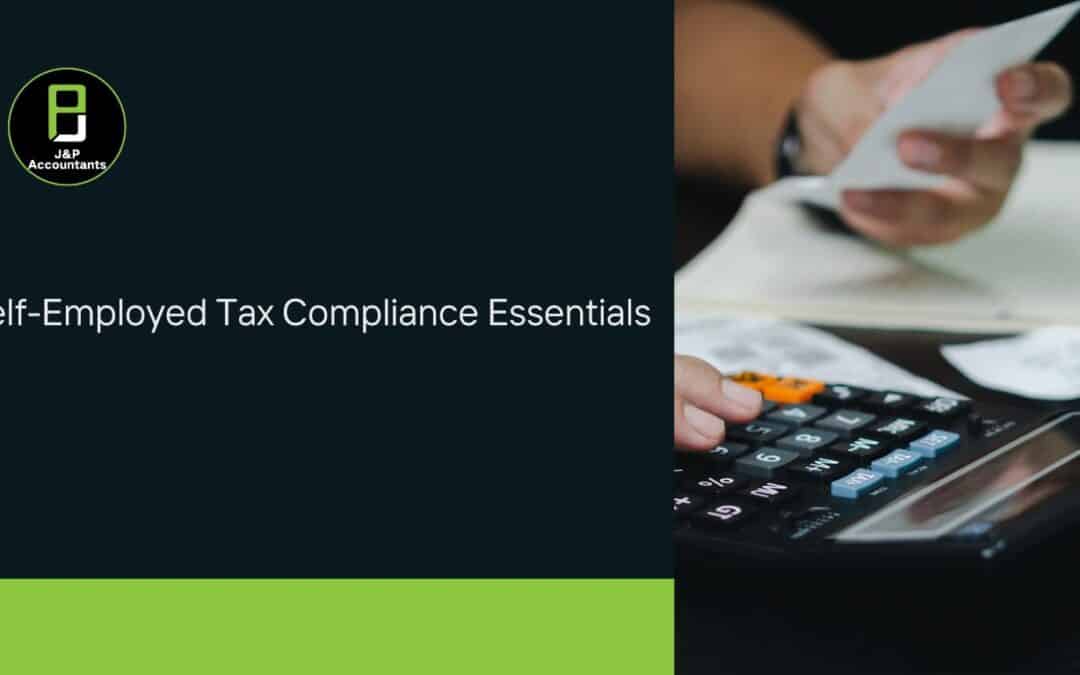Around the turn of the tax year, self-employed individuals and sole traders once again become the focus of HMRC tax compliances.
If you handle your financial accounts on a day-to-day basis, facing a tax compliance review can be bewildering.
Our team has outlined some common situations that can trigger tax compliance reviews, along with important details to note.
Triggers For Compliances
Errors or Omissions in Tax Returns
If you fail to declare all your income or make calculation errors in your self-assessment tax return, whether intentional or not, it will attract HMRC’s attention.
Unintentional errors often require significant time and effort to rectify with tax authorities, making thorough checks before submission crucial.
Seeking assistance for any special circumstances is always a wise choice, helping you avoid further trouble.
High-Risk Industries
HMRC typically focuses on individual traders in high-risk sectors such as restaurants, takeaways, freelancers, or taxi services.
Business operations in cash-based industries are more likely to trigger tax office scrutiny.
We recommend maintaining detailed transaction records throughout your operations, adhering to UK tax regulations. Utilizing bookkeeping software or engaging our accounting team can effectively ensure tax compliance.
Anomalies in Tax Return Data
If your tax return figures don’t match up with financial records like bank statements, HMRC may take notice.
The primary basis for completing tax returns is financial statements and cash flows; regular checks for accuracy and precise calculations are essential.
Additionally, significant fluctuations in income or expenses without accompanying explanations can prompt reviews.
Data anomalies are seen as red flags, potentially leading HMRC to scrutinize the authenticity of past financial data.
Random Checks or Reports
At times, HMRC identifies taxpayers with high-risk characteristics through data analysis.
Once flagged as a high-risk candidate for non-compliance, HMRC initiates random checks.
Furthermore, HMRC encourages the public to report any tax evasion or irregularities, promptly triggering review procedures upon receiving such reports.
Therefore, we advise not only ensuring tax compliance but also retaining all financial records for potential future needs.
When facing a tax compliance review, prompt and diligent response is crucial, and seeking tax assistance when necessary is advisable.





